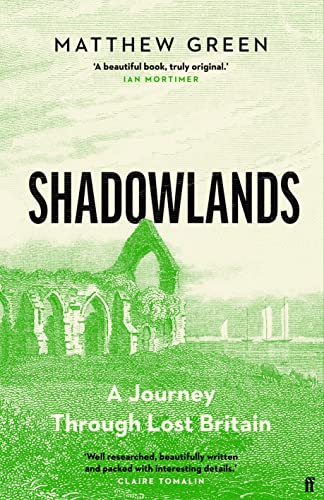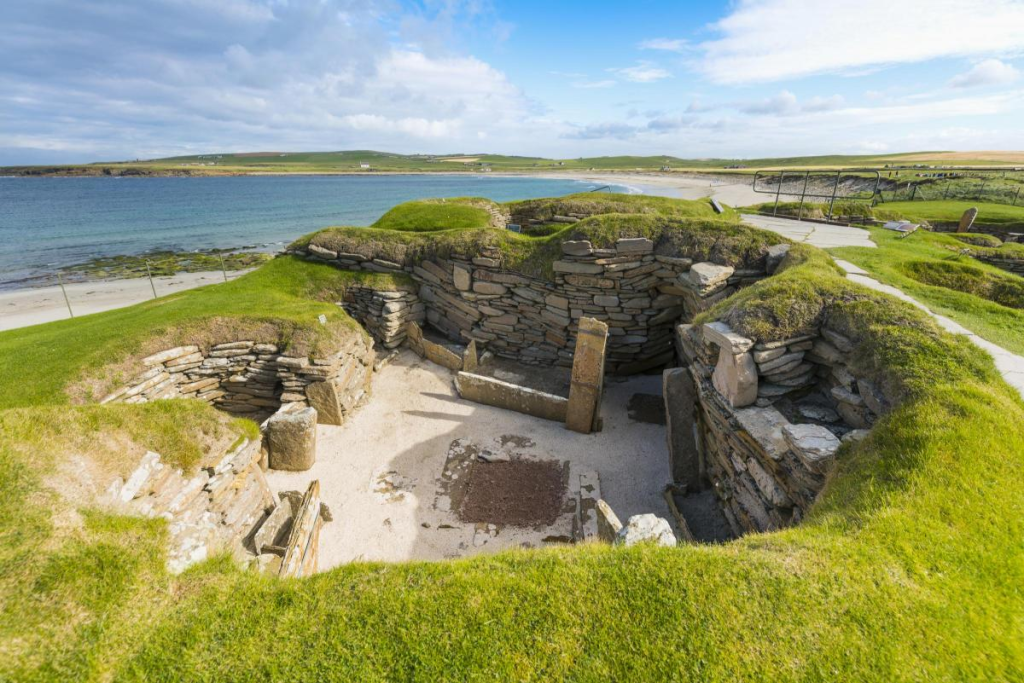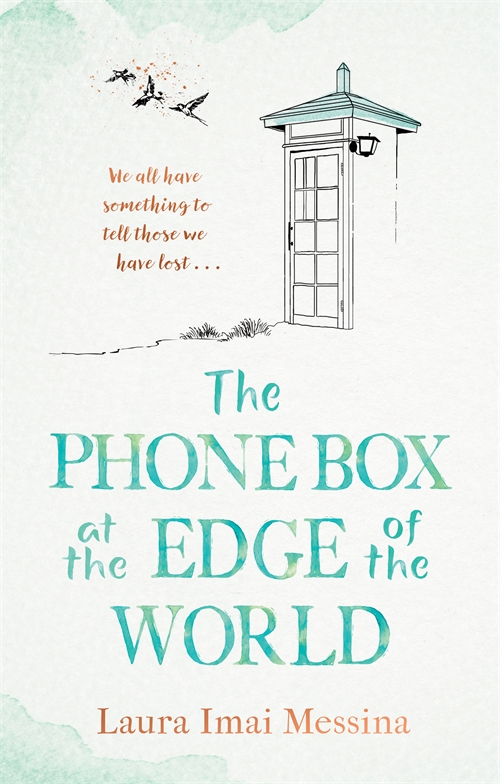
If, like me, you look at old abandoned, ruined cottages and think ‘I wonder…’, then this is a book for you.
Matthew Green explains that abandonment or loss could have been because of changing climate and landscape, for political reasons, for socioeconomic reasons, because of human intervention or for reasons historians and archaeologists can only speculate about. And there has been plenty speculation about some of the sites, often controversial such as in the case of Trellech in the Welsh Marches.
Matthew Green is an historian and broadcaster with a doctorate from the University of Oxford. He writes for national newspapers, has appeared in many television documentaries, and is the author of London: A Travel Guide Through Time. He lives in London.
My thanks to the publishers Faber & Faber for my review copy via Netgalley.
Shadowlands will be published next Thursday, 17th March.
About the book
There was such a variety of places included in the book from places I’ve actually visited, such as Skara Brae on Orkney, places I’ve heard of like St Kilda and places completely new to me like Wharram Percy in Yorkshire. The book is packed full of fascinating facts and written in a really accessible and compelling way. There is a coda section to the book which mentions places which may suffer similar fates to some of the towns in the book. I watched a short and sobering video on YouTube showing coastal erosion at Skipsea, situated on one of the fastest eroding coastlines not just in Britain but in Europe. It was scary to see how close to the edge some of the houses are and sad to think it is inevitable that before long, they too, will be lost to the sea. A similar situation is happening at Fairbourne in north-west Wales where rising sea levels and flooding threatens the village.

Shadowlands was such an interesting book to read with its mixture of history of the era, the social history of how people lived at the time, the mix of theories and facts about what happened to the people who lived in the places which had vanished, and what we can learn for our times from what happened back then.
Britain’s landscape is scarred with haunting and romantic remains; these shadowlands that were once filled with life are now just spectral echoes. Peering through the cracks of history, we find Dunwich, a medieval city plunged off a Suffolk cliff by sea storms; the lost city of Trellech unearthed by moles in the Welsh Marches; and the ghostly reservoir that is Capel Celyn, one of the few remaining solely Welsh-speaking villages, drowned by Liverpool City Council.If we’re out on a walk in the countryside, I’m always fascinated if we come across a ruined cottage or hamlet. I wonder about the people who lived there, how they lived, why they left, and why the houses ended up abandoned and in ruins. So Shadowlands is a book that really appealed to me telling the story of how entire villages, towns and indeed cities disappeared over the years, and how they were rediscovered.Historian Matthew Green tells the extraordinary stories of how these places met their fate and probes the disappearances to explain why Britain looks the way it does today. Travelling across Britain, Green transports the reader to these places as they teeter on the brink of oblivion, vividly capturing the sounds of the sea clawing away row upon row of houses, the taste of medieval wine, or the sights of puffin hunting on the tallest cliffs in the country. We experience them in their prime, look on at their destruction and revisit their lingering remains later as they are mourned by evictees and reimagined by artists, writers and mavericks.
By exploring the lost causes and dead ends of history – places lost to natural phenomena, war and plague, economic shifts and technological progress – the precariousness of our own towns and cities, of humanity, becomes clear. Shadowlands is a deeply evocative and dazzlingly original account of Britain’s past.
About the Author








